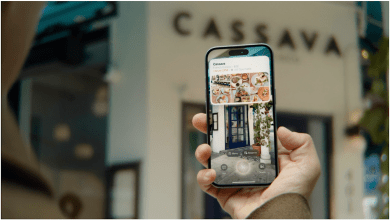Mice perform ‘first aid’ on each other
Credit: Science.org
Mice have been filmed by scientists attempting “first aid” on each other.
Researchers from the University of Southern California drugged the rodents so they were immobilised and placed them near fully conscious mice to see how their peers would react.
The conscious mice were seen trying to clear the airways of the casualties, by pulling their tongue out of the way and biting their mouth in an apparent attempt to revive them and help them to breathe.
They were also seen licking and grooming their fallen lab-mates with more intensity than usual.
Although previous research had found elephants, chimpanzees and dolphins could all spot when an individual was incapacitated and respond with grooming and nudging, it was the first time a similar caring response had been seen in mice.
Researchers said the mice had exhibited a stereotypical set of behaviours when encountering an unconscious social partner, which had been “reminiscent of human emergency responses”.
Credit: Science.org
Writing in the journal Science, Huizhong Whit Tao, the lead author, said: “They displayed distinct and consistent behaviours toward the partner, escalating from sniffing and grooming to more forceful actions such as biting the partner’s mouth or tongue and pulling its tongue out.
“These behaviours emerged after prolonged immobility and unresponsiveness of the partner and ceased once the partner regained activity, suggesting that they were triggered by observing unresponsive states of others.
“The consequences – including clearance of foreign objects from the mouth, improved airway opening, and hastened recovery – suggest reviving-like efforts.”
Experts found that mice that had met before spent more time trying to revive their companions compared with strangers, which researchers said had suggested social recognition.
Mice spent more time trying to revive companions they had met before compared with strangers – University of Southern California
The reviving behaviour came to light after prolonged immobility and unresponsiveness and ceased once the mouse had regained activity, suggesting that they had been triggered by observing unresponsive states of others.
It was also seen when mice had interacted with a dead companion but rarely seen when the partner had been active or simply sleeping.
When researchers studied the brains of the mice to see what had been triggering the behaviour, they found that when the animals had encountered a fallen comrade, it had triggered neurons in the paraventricular nucleus, releasing oxytocin hormones responsible for social bonding.
When the oxytocin activation was blocked, the helping behaviours had been impaired.
In emergency situations, humans often exhibit instinctual “first aid” behaviours towards others.
The researchers concluded: “Our findings thus suggest that animals exhibit reviving-like emergency responses and that assisting unresponsive group members may be an innate behaviour widely present among social animals.
The researchers concluded that helping unresponsive group members may be widely present among social animals – Wenjian Sun/University of Southern California
“Such behaviour likely plays a role in enhancing group cohesion and survival.”
In a commentary alongside the article, William Sheeran and Zoe Donaldson, of the University of Colorado Boulder, said: “People who witness someone collapse and who subsequently perform cardiopulmonary resuscitation (CPR) report that they intervene because they intuitively understand that the person would otherwise die.
“Humans are not alone in this instinct. Animals as diverse as elephants, chimpanzees and dolphins can recognise and intervene by touching, nudging, and even carrying an incapacitated individual.
“These findings add to the evidence that an impulse to help others in states of extreme distress is shared by many species and highlight neural mechanisms that drive instinctive rescue.”
Source link

